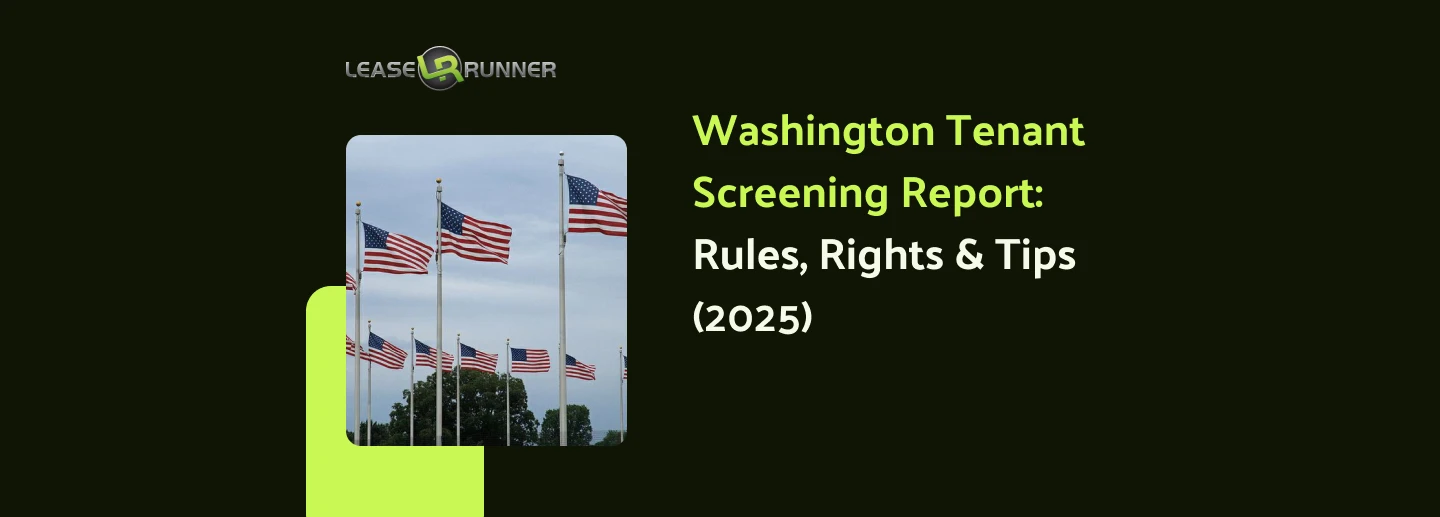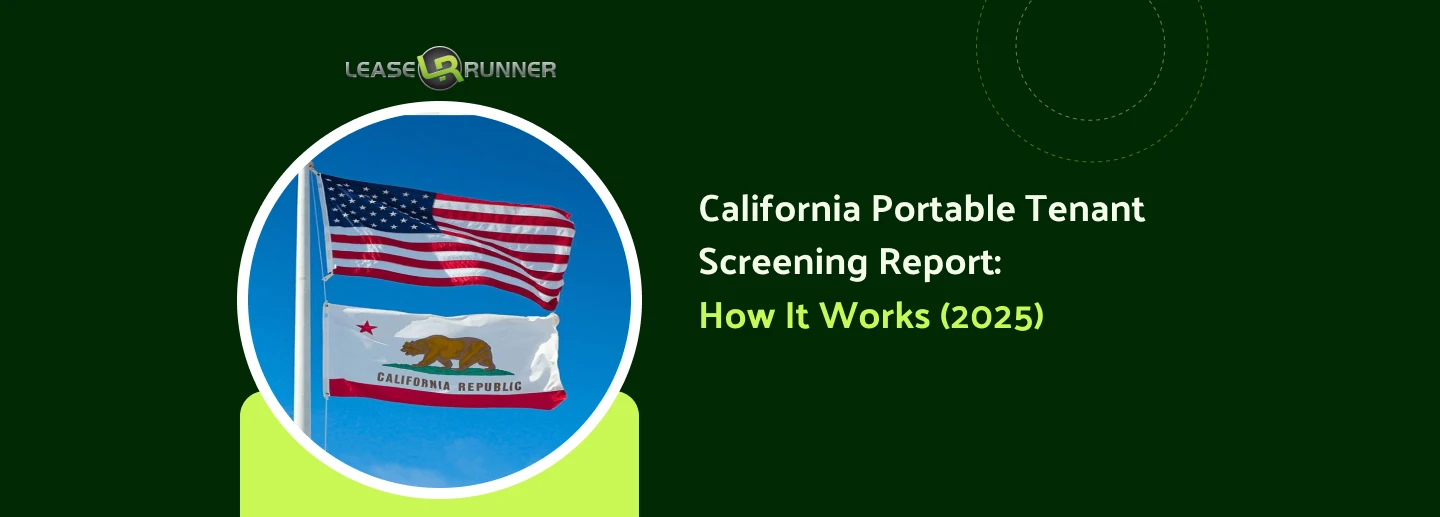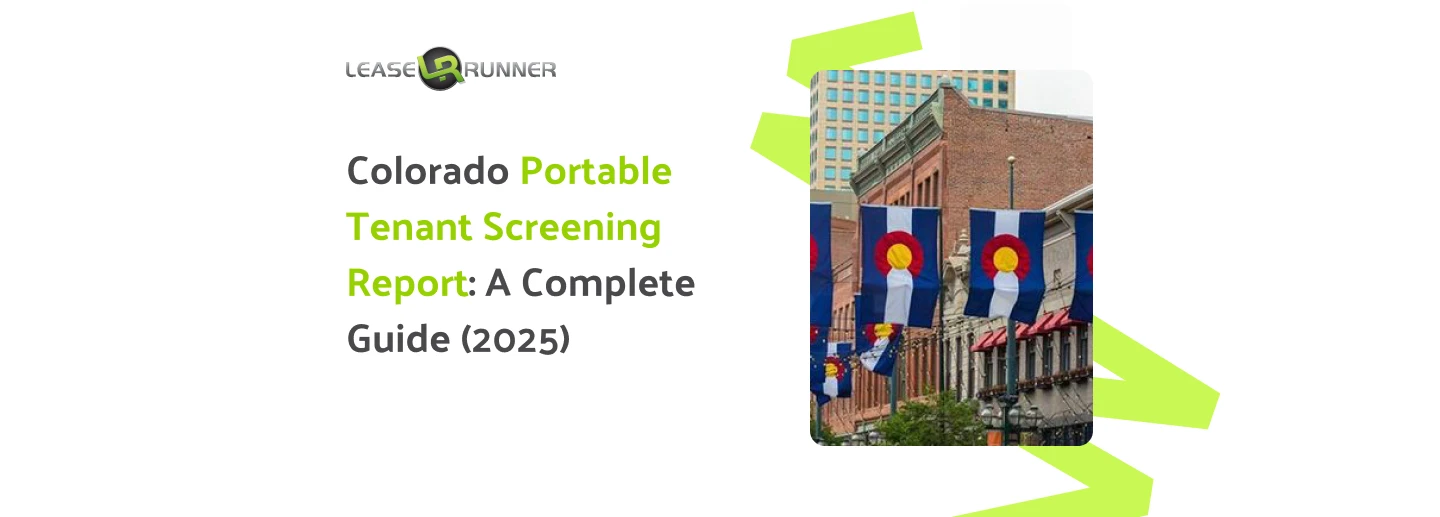
Renting in Washington comes with a unique set of rules, and one of the most important is the Portable Tenant Screening Report. This policy aims to protect renters from excessive application fees while helping landlords make informed decisions. This article will guide you through everything you need to know about Washington portable tenant screening report!
Overview of Washington Tenant Screening Report
Tenant screening based on Washington state laws have changed to make the process more transparent, especially with the introduction of the Portable Tenant Screening Report (PTSR). This new approach is meant to save renters money and simplify applications, but it also brings new rules that both tenants and landlords need to understand.
What Is a Portable Tenant Screening Report?
A Portable Tenant Screening Report (PTSR) is exactly what it sounds like - a renter-friendly screening report that can be used multiple times across different rental applications. Instead of paying for a new background check every time they apply for a place, tenants can provide a single screening report to multiple landlords.
Key Differences Between Portable and Traditional Tenant Screening
The biggest difference between a portable and traditional tenant screening Washington state is flexibility.
- Traditional Screening: Each landlord runs a background check, often charging renters a separate application fee.
- Portable Screening: Renters provide a pre-prepared screening report that meets state standards, avoiding multiple fees.
While portable reports aim to be more convenient, some landlords worry about outdated or incomplete information. Therefore, always update your PTSR!
Washington Tenant Screening Laws You Must Know (RCW 59.18.257)

RCW 59.18.257 lays out clear guidelines on what landlords can ask for, how screening fees work, and what rights tenants have when applying for rentals.
Key Points of Washington’s RCW 59.18.257 Law
These Washington rental application laws help ensure fairness in the rental market, but they also come with responsibilities for landlords.
- Screening fees must be disclosed upfront. Landlords must explain how fees will be used and provide a receipt.
- Renters have a right to a copy of their Washington portable tenant screening report. If a landlord denies an application based on the report, tenants can request a copy.
- Outdated information is off-limits. Criminal records older than seven years can’t be used in screening decisions.
Required "Adverse Action Notice" in Washington State
When a landlord denies a rental application, increases the deposit, or adds special conditions based on a tenant’s Washington portable tenant screening report, they must provide an Adverse Action Notice. This notice explains why the decision was made and gives renters the right to dispute inaccurate information.
Benefits of Portable Tenant Screening Reports in Washington
PTSRs are designed to make the rental process smoother for everyone.
For Renters
The main perk of using a Portable Tenant Screening Report (PTSR) is the chance to save money since renters can reuse the same background check for multiple applications instead of paying each time. This also means no more repetitive paperwork, making the process more straightforward.
Plus, tenants can check their reports for accuracy before submitting them, ensuring everything is correct. Overall, having a ready-to-go Washington portable tenant screening report helps renters apply for properties more smoothly and efficiently.
For Landlords
PTSRs are beneficial for both renters and landlords alike. They simplify the screening process by delivering a comprehensive report that aligns with Washington’s legal requirements, meaning landlords no longer have to juggle various screening services. This pre-screening approach helps speed things up and makes the entire experience more seamless for everyone involved.
Moreover, Washington law requires the acceptance of valid PTSRs, which helps reduce potential disputes over screening fees. As a result, landlords can feel more assured when deciding on matters like security deposits and any additional rental terms, thanks to these standardized and thorough screenings.
That said, some landlords worry about outdated or incomplete reports, making it important to evaluate PTSRs carefully.
How to Obtain a Portable Tenant Screening Report in Washington?

Getting a PTSR is simple, but it requires using an approved screening service.
- Choose a state-approved screening company – Not all background check services qualify as PTSRs under Washington law.
- Complete the application – Tenants provide their information, including rental history, credit details, and criminal background (if applicable).
- Receive the report – Once processed, renters get a copy they can submit to multiple landlords.
- Confirm acceptance with landlords – While landlords are required to accept valid PTSRs, they may still have additional application steps.
How Landlords Should Evaluate PTSRs under Washington Law
Landlords in Washington must accept a valid PTSR, following these criteria:
- Check the date: Reports must be recent (usually within 30 days) to ensure accuracy.
- Review key details: Look at credit scores, rental history, and any criminal records that are legally allowed to be considered.
- Verify the source: Make sure the report comes from a compliant screening provider.
If a landlord chooses not to accept a valid PTSR, they must provide a written reason - deny rental application letter, explaining why. Otherwise, they could face legal issues.
Common Myths About Portable Tenant Screening in Washington
Because PTSRs are a relatively new concept, there’s a lot of misinformation about them.
Bottom Line
The rental process in Washington has evolved, and staying informed is the best way to make it work in your favor. Keep reading LeaseRunner for expert insights on Washington portable tenant screening report and landlord best practices!
FAQs
Q1: What is a prospective tenant?
A prospective tenant is someone who is interested in renting a property and is in the process of applying for the rental. This includes anyone who submits an application or expresses interest in renting a home or apartment.
Q2: How do I get a Portable Tenant Screening Report (PTSR)?
To get a Portable Tenant Screening Report (PTSR), tenants need to use an approved screening service.
- Choose a state-approved background check company that offers PTSRs.
- Fill out the application with your personal details, rental history, and credit information.
- Once processed, you’ll receive the screening report, which can be used for multiple rental applications.
Q3: Who pays for the Portable Tenant Screening Washington State?
The tenant typically pays for the PTSR, just like with traditional screenings. However, with a PTSR, they only need to pay once, and the report can be used for multiple applications.






